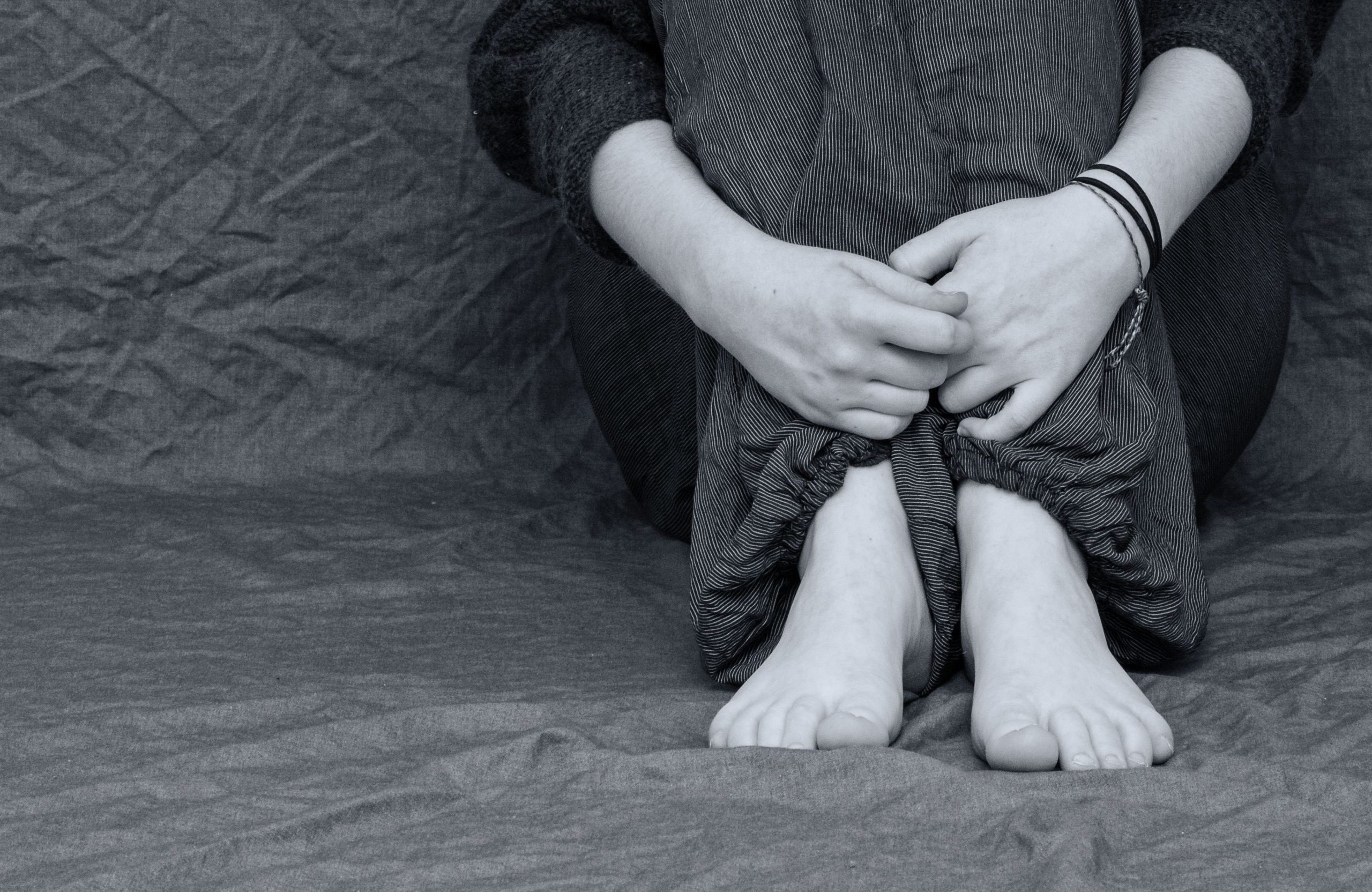Devon Clare Banfield | Contributor
Featured Image: Researchers concluded that the best course of action is attending therapy that promotes self-worth. | Courtesy of Pixabay
A new York-led study by Professor Gordon Flett has found links between feelings of low self-esteem and mental illnesses, such as anxiety and depression. The study is the first to find such a connection, says Flett. The findings suggest that this can date back as far as childhood.
For instance, children with lower self-esteem have a harder time adjusting to change. This can make the transition from elementary school to high school, and high school to post-secondary excruciating. This leads to mental health challenges, and the cycle continues.
Students and mental health professionals alike say they are unsurprised by the study results.
Then think of what caused or exacerbated the low self-esteem, it could be hard to cope with all of life’s obstacles. So many people have depression and anxiety and it’s linked to trauma.”
The study was published online in the International Journal of Mental Health and Addiction. It was conducted among 247 students with an average age of 20. During the study, students filled out questionnaires and the data was then analyzed using several different measures.
“It is likely that people who feel like they don’t matter spend a lot of time thinking about why they don’t matter, and this is probably very destructive in terms of their well-being and physical health,” said Flett, according to a yFile post.
Flett also said that the study sought out people who are more vulnerable to low self-esteem, such as those who felt that they didn’t belong in society, those who suffer from depression, and those who have a tendency to heavily criticize themselves. According to the Canadian Mental Health Association, one in five Canadians live with mental illness, with eight per cent of Canadians suffering from major depression at some point in their lives, and one per cent living with bipolar disorder.
James Diogo, a Master’s student at the University of Toronto, studies critical disabilities. He says that while the study’s findings aren’t surprising, he believes self-esteem is subjective.
“In our mainstream culture in the U.S. and Canada, there is a heavy focus on the individual and individualism and we, therefore, are more likely to think a lot about ourselves, believe in the concept of self-esteem and measure our sense of self according to how we are socially expected to be.”
Diogo also believes it’s easier for people who do not have average weight, racialized people, and LGBTQ+ people to have low self-esteem as they are not looked upon favourably.
I’m saying that these findings are not universal across all cultures. Self-esteem, depression and anxiety are themselves social constructs used to measure and make sense of feelings that are viewed differently across cultural contexts,” says Diogo.
Researchers concluded that students who felt they didn’t matter in life would find help with counselling and therapy that promote a sense of self-love and belonging. The studies also found that there was a lower risk of developing a mental illness based on esteem issues the sooner the issue of having a low sense of self-worth was targeted through counselling.
UPDATE: This article has been updated to include accreditation to yFile.


